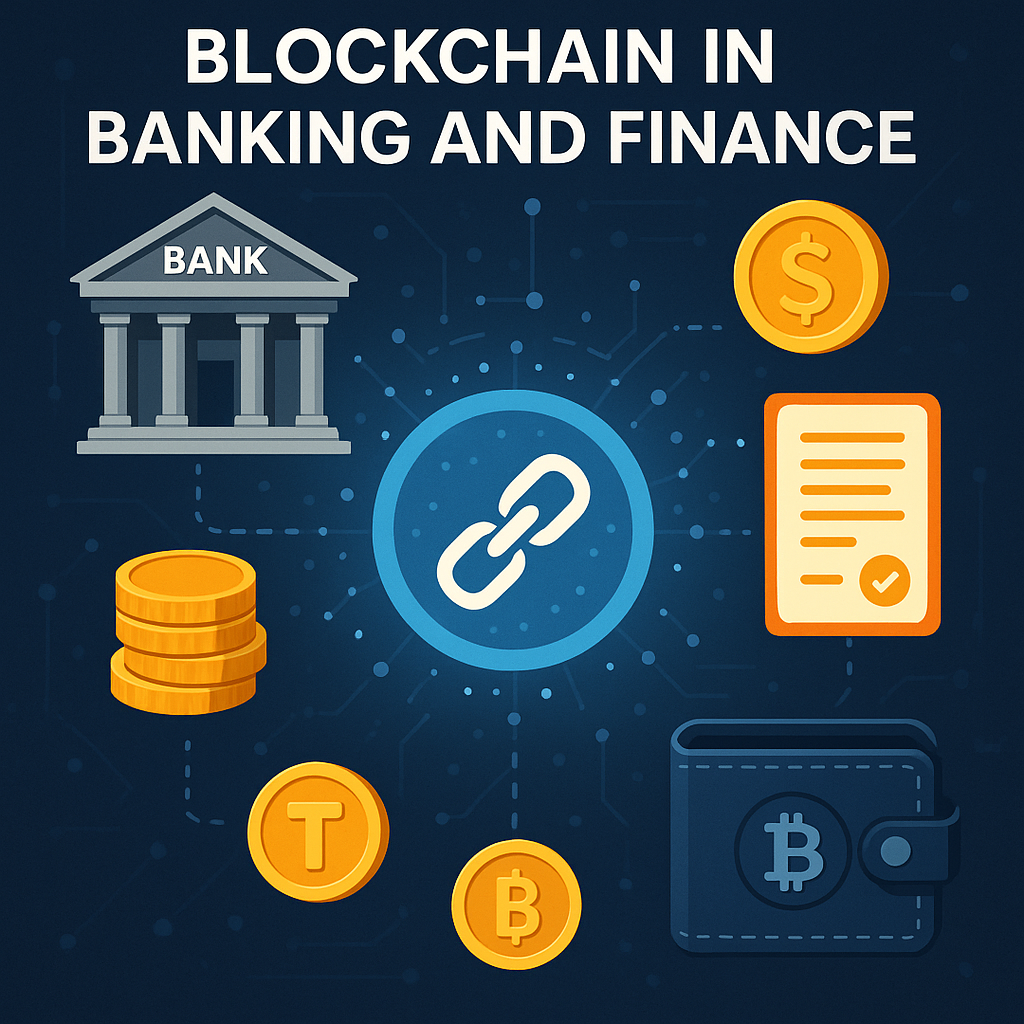Blockchain and Voting Systems: Ensuring Transparency and Trust
Flutter Bees – Relieve Stress While You Learn Blockchain!
Play the clicker game or the hive defense game to relax your mind—earn points by tapping or watching, and complete fun tasks while learning blockchain!
Introduction
Voting is one of the most critical aspects of any democratic system, but traditional voting methods often struggle with issues like fraud, lack of transparency, delayed counting, and limited accessibility. Blockchain technology has emerged as a powerful tool to modernize electoral processes, offering enhanced security, transparency, and trust.
What Is Blockchain Voting?
Blockchain voting refers to using blockchain technology to conduct elections. Each vote is recorded as a block in a decentralized, immutable ledger. This makes tampering nearly impossible, ensures transparency, and allows real-time auditing without compromising voter anonymity.
Key Benefits of Blockchain-Based Voting Systems
- Transparency and Trust
Blockchain allows anyone to verify the voting process without altering it. Every vote is timestamped and traceable, ensuring no manipulation can occur unnoticed. - Security
Data stored on a blockchain is encrypted and spread across multiple nodes, making it resistant to hacking or tampering. - Anonymity and Privacy
Blockchain ensures voter privacy while maintaining public transparency. Voters can verify their vote without revealing their identity. - Accessibility
With blockchain, people can vote remotely via secure digital platforms, making it easier for citizens living abroad or with disabilities to participate. - Faster Results
Since votes are recorded in real-time and securely stored, counting and auditing become nearly instantaneous, reducing delays.
Challenges to Overcome
- Technical Barriers: Not all populations are digitally literate, and infrastructure might be lacking in some regions.
- Regulatory Approval: Legal frameworks are still catching up with the concept of blockchain voting.
- Security Risks: While blockchain is secure, the devices used for voting (e.g., smartphones) could still be vulnerable.
Real-World Applications
Countries and organizations have begun experimenting with blockchain-based voting systems:
- Estonia has long been a pioneer in digital voting and is exploring blockchain integration.
- Sierra Leone conducted a limited blockchain-based election trial.
- Companies and universities are testing blockchain voting for shareholder meetings and student council elections.
Conclusion
Blockchain has the potential to revolutionize voting by providing a transparent, secure, and accessible system that strengthens democratic values. While challenges remain, ongoing research and pilot programs are paving the way for a future where every vote truly counts—and can be trusted.
Flutter Bees – Learn and De-Stress with a Game!
Stay engaged and relaxed while you explore blockchain topics. Tap your way through tasks or watch the bees defend the hive to earn bonus points. Perfect for unwinding while staying informed!





Post Comment